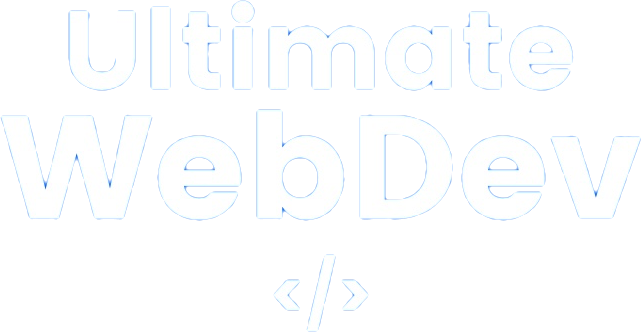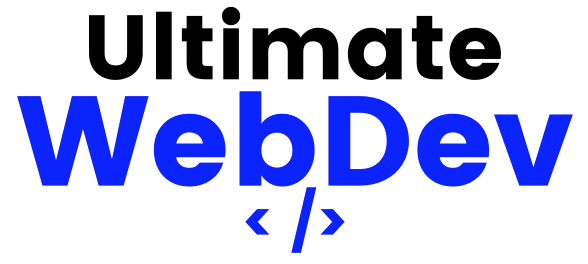History of WordPress
WordPress is a popular content management system (CMS) that has played a significant role in the evolution of web publishing since its inception.
The Birth of WordPress (2003)
WordPress was born out of a desire for an elegant, well-architected personal publishing system. In 2003, Matt Mullenweg and Mike Little forked a blogging software called b2/cafelog, and they created WordPress as an open-source project. The first version, WordPress 0.7, was released in May 2003. It introduced features like templates and a moderation system, making it easier for users to publish content on the web.
Early Growth and Community (2004-2007)
During the early years, WordPress gained traction and a vibrant community started forming around it. In 2004, version 1.2 added support for plugins, allowing developers to extend its functionality. Version 1.5, released in 2005, introduced themes, revolutionizing website design. The WordPress community grew rapidly, fostering collaboration, and innovation.
The Era of WordPress.org and WordPress.com (2005-2006)
In 2005, Automattic, a company founded by Matt Mullenweg, launched WordPress.com, a hosted version of WordPress. This allowed users to create WordPress-powered websites without the need for self-hosting. It also provided a revenue stream for WordPress development through premium features and advertising. WordPress.org remained the home of the open-source project, where anyone could download and customize the software.
The Rise of WordPress Plugins and Themes (2007-2010)
WordPress underwent significant improvements during this period. The plugin and theme ecosystems flourished. Thousands of plugins and themes became available, allowing users to add functionality and style to their websites. This extensibility contributed to WordPress’s popularity and adaptability for various types of websites, from blogs to e-commerce stores.
WordPress 3.0 and Custom Post Types (2010)
The release of WordPress 3.0 was a milestone. It introduced custom post types, making it possible to create content beyond traditional blog posts and pages. This update solidified WordPress’s position as a versatile CMS, suitable for diverse content management needs.
The Gutenberg Era (2018-Present)
One of the most significant changes in WordPress history came with the introduction of the Gutenberg editor in WordPress 5.0 (2018). Gutenberg replaced the classic TinyMCE editor with a block-based editor. This revolutionary shift allowed users to create content using blocks, making it easier to build complex page layouts without the need for custom code.
The WordPress REST API (2016)
In 2016, WordPress introduced the REST API, enabling developers to interact with WordPress data in new and exciting ways. This API paved the way for headless WordPress setups, where the CMS serves content via an API to various front-end technologies, expanding its use beyond traditional websites.
WordPress’s Impact on the Web (2000s-2020s)
WordPress has had a profound impact on the web. It powers millions of websites, from personal blogs to major news outlets and e-commerce giants. Its flexibility, scalability, and open-source nature have made it a top choice for web development. The WordPress community continues to thrive, with numerous WordCamps and meetups held globally.
The Block Editor Evolution (2020-Present)
Since the introduction of the Gutenberg editor, WordPress has continued to evolve the block editor, improving user experience and expanding block capabilities. This ongoing development ensures that WordPress remains a modern and user-friendly platform for content creation.
Security and Accessibility Enhancements (Ongoing)
WordPress has made significant strides in enhancing security and accessibility. Regular updates address vulnerabilities, and efforts are ongoing to ensure that WordPress websites are accessible to users with disabilities, adhering to web content accessibility guidelines (WCAG).
WordPress in the Modern Era (2020s)
As of my last knowledge update in September 2021, WordPress continues to evolve. Its ecosystem includes not only blogs and websites but also e-commerce platforms (WooCommerce), e-learning solutions (LearnDash), and more. With its vast community, frequent updates, and adaptability, WordPress remains a dominant force in web development.
WordPress has come a long way since its inception in 2003. From a simple blogging platform, it has grown into a powerful and versatile content management system that powers a significant portion of the web. Its community-driven development, commitment to open-source principles, and dedication to improving user experience ensure that WordPress will continue to shape the future of web publishing in the years to come.

